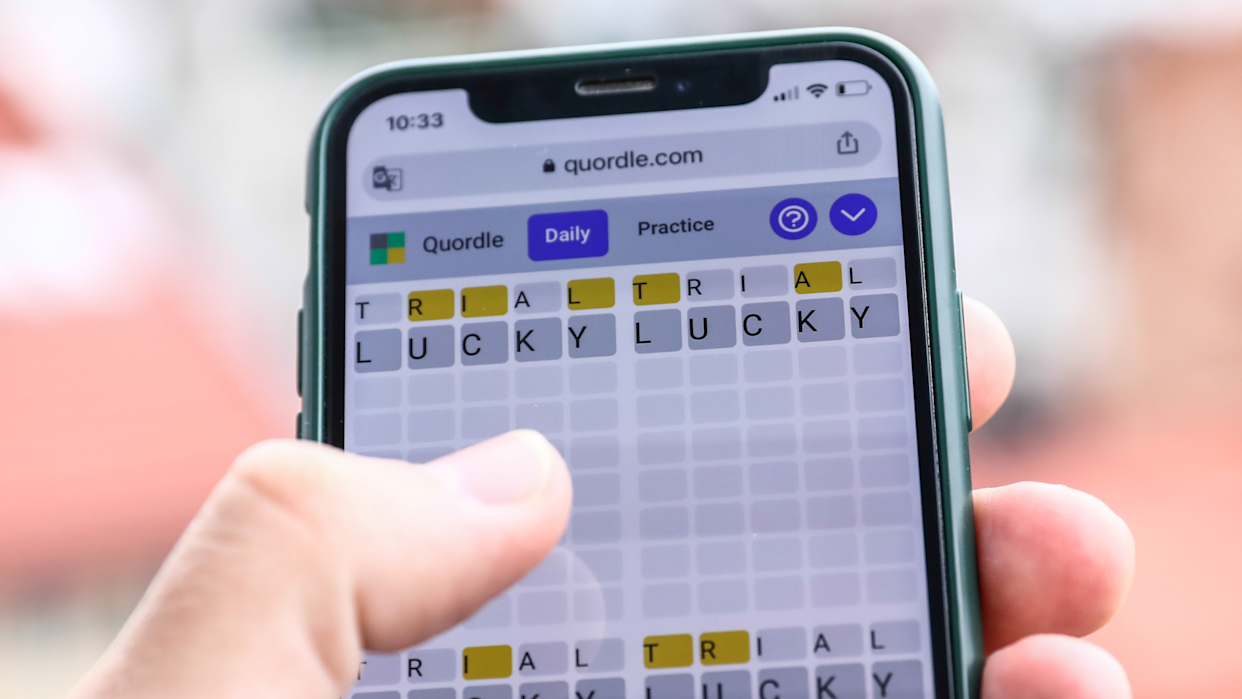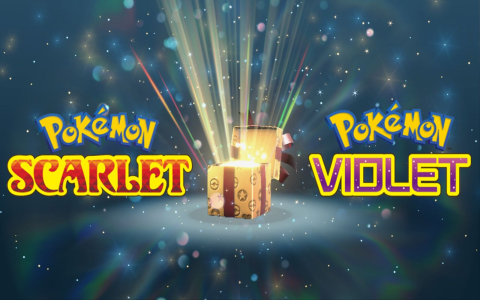Alright, so I wanted to share a bit about my dive into the world of Quordle, specifically around the whole “clues” aspect. It’s not like I cracked some secret code or anything, but I definitely went through a process with it, and figured I’d jot down how it went.

When I first started playing Quordle, man, it was a trip. Four words at once! My brain just wasn’t wired for that kind of parallel processing, you know? I’d get one word, maybe two, and then the other two would just stare back at me, all grey tiles and mocking silence. It was frustrating, to say the least. So, like a lot of folks, I’d sometimes sneak a peek at Quordle clues online. No shame, right? Sometimes you just need a nudge.
My Little Experiment with Clues
But then, after a while, just looking up answers felt a bit… hollow. It wasn’t really improving my game. I got to thinking, how can I actually get better at this, maybe even use clues more effectively, or, better yet, need them less? That’s when I started my own little “practice” with Quordle clues.
First off, I really began to focus on what the game itself was telling me. Those green, yellow, and grey tiles are clues, big ones! I used to just blast through guesses, but I started to slow down. If I got a yellow ‘E’, I’d stop and consciously think, “Okay, where else can this ‘E’ go? What common words have an ‘E’ but not in this spot?” It sounds basic, but actively doing it made a difference.
Then, when I did look at external clues, I tried to be smarter about it. Instead of just grabbing the full word, I’d look for just one or two letters, or maybe the starting letter of one of the tricky words. The idea was to get just enough information to jog my own brain into action, not to have the puzzle solved for me. It was like, “Okay, clue says word three has an ‘A’ in the middle. Right, what words do I know that fit that, given my other guesses?”
Trying to Build My Own System
I even started to develop a kind of internal checklist.

- Common starter words: I had my go-to starters, sure, but I started thinking about why they were good – vowel heavy, common consonants.
- Letter frequency: If I was stuck, I’d think about common letters I hadn’t tried yet for a particular word.
- Pattern recognition: This was a big one. After playing a lot, you start to see patterns. “Ah, this looks like it could be an ‘-OUND’ word,” or “That pattern of yellows often means the letters are just swapped.”
I remember this one Saturday morning, I was absolutely stumped. I mean, brick wall. I had two words, but the other two were just impossible. I’d even used a couple of hints from a website for one of them, like “contains a ‘U’,” and still nothing. My coffee got cold. I must have stared at that screen for a good 45 minutes, just rearranging imaginary letters in my head. My kid walked in and asked if I was okay. I think I just grunted. Finally, one of them clicked, and the other followed pretty quickly after. The relief was massive!
What I kind of realized through all this messing around is that Quordle clues, whether from the game or a site, are just pieces of information. The real “skill” – if you can call it that for a word game – is how you process that information. It’s about building up that mental database of words and letter patterns.
So, my whole “practice” with Quordle clues wasn’t about finding the ultimate cheat sheet. It was more about training myself to think a bit more strategically, to use the clues as a tool to help me solve it, not just to get the answer spoon-fed. And honestly, it’s made the game more enjoyable. I still get stuck, for sure, and I’ll still look up a hint if I’m really tearing my hair out. But now it feels more like a collaboration than a surrender. It’s a fun little daily puzzle, and figuring out my own way to tackle it has been pretty rewarding.
















